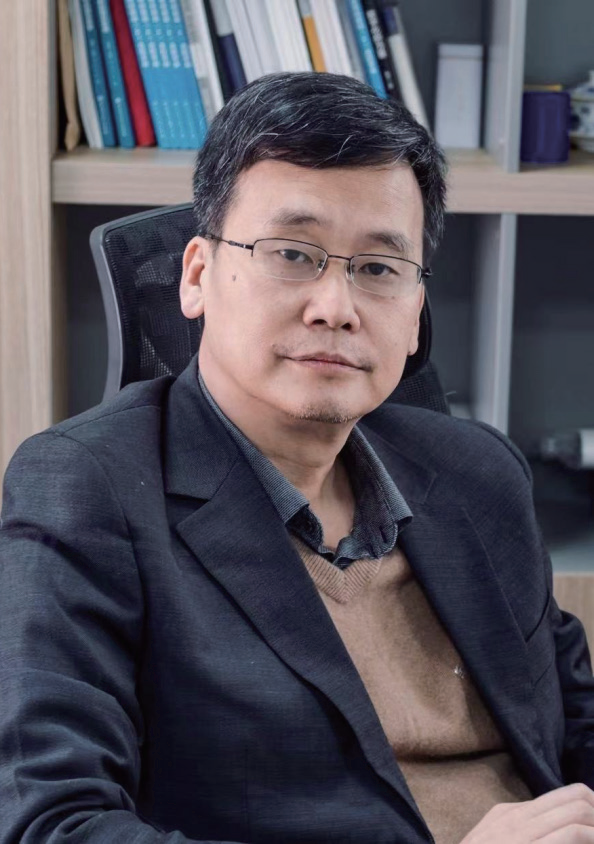Hang Su, Yaqing Hou
1 Material Digital R&D Center, China Iron and Steel Research Institute Group,
Beijing, 100081, China
EXTENDED ABSTRACT: The field ofMGE has undergone more than a decade of development and has established several large-scale resource platforms. One of the core directions for its future development involves data and artificial intelligence (AI). Unlike the successful applications of AI for Science in natural sciences such as astronomy and molecular biology, traditional materials research, due to its human-designed and intervened nature, inevitably brings subjectivity, heterogeneity, and aggregation to data, making it less suitable for machine learning modeling. Materials research in the data-driven era requires the ability to rapidly acquire large-scale, homogeneous, and high-dispersion material datasets and develop automatic, iterative machine learning capabilities. We are currently designing and developing an autonomous material data factory system, which will include subsystems for high-throughput additive manufacturing, high-throughput mechanical and service performance characterization, and automated machine learning. Among these, the high-throughput additive manufacturing system has overcome challenges related to element powder diffusion and homogenization under laser in-situ alloying conditions. It can simultaneously produce samples of the mechanical properties of no less than 200 different materials using four or more types of powders. This system has been applied in the design of composition and process optimization of special materials for additive manufacturing, such as corrosion-resistant alloys, high-temperature alloys, and high-entropy alloys. Combined with the development and application of the high-throughput materials design system, the "autonomous data factory" will create a complete agile materials research and development solution. It will efficiently establish relationships between composition, structure, process, and performance, allowing for both forward target property predictions and reverse "materials gene" optimization. This will bring profound changes to the field of new materials, including fundamental research, product development, and optimization.
Keywords: Metallic structural materials; high-throughput experiments; machine learning; materials data factory; laser in-situ alloying

Su Hang, Professor, Doctoral Supervisor, Recipient of the State Council Government Special Allowance, Director of the Digital R&D Center of CISRI, and Secretary-General of the Innovation Alliance for Big Data in New Materials. Prof. Su has been engaged in research on steel materials development, databases, and computational materials for an extended period. He has led the development of the Material Digital Laboratory, the first integrated management platform in China that combines computation, testing, apps, and big data services. This platform is mobile and allows remote use and has won the Best Technical Innovation Award in the China Industrial Internet Competition. He also led the development of a heterogeneous powder 3D printing system, which was selected as an outstanding project in the State-Owned Enterprises Spark Program by the State-owned Assets Supervision and Administration Commission. He has led or participated in over 40 national research projects, including those funded by National 973 Program, 863 Program, key R&D projects, National Key R&D Program, high-quality special projects, and defense-related projects. He has received three first-class awards for metallurgical technological progress, five second-class awards, a special award for railway technological progress, and a third-class award for technological progress in the armed forces. Prof. Su has authored three monographs, obtained more than 20 software copyrights, holds over 30 patents, and published over 80 research papers.